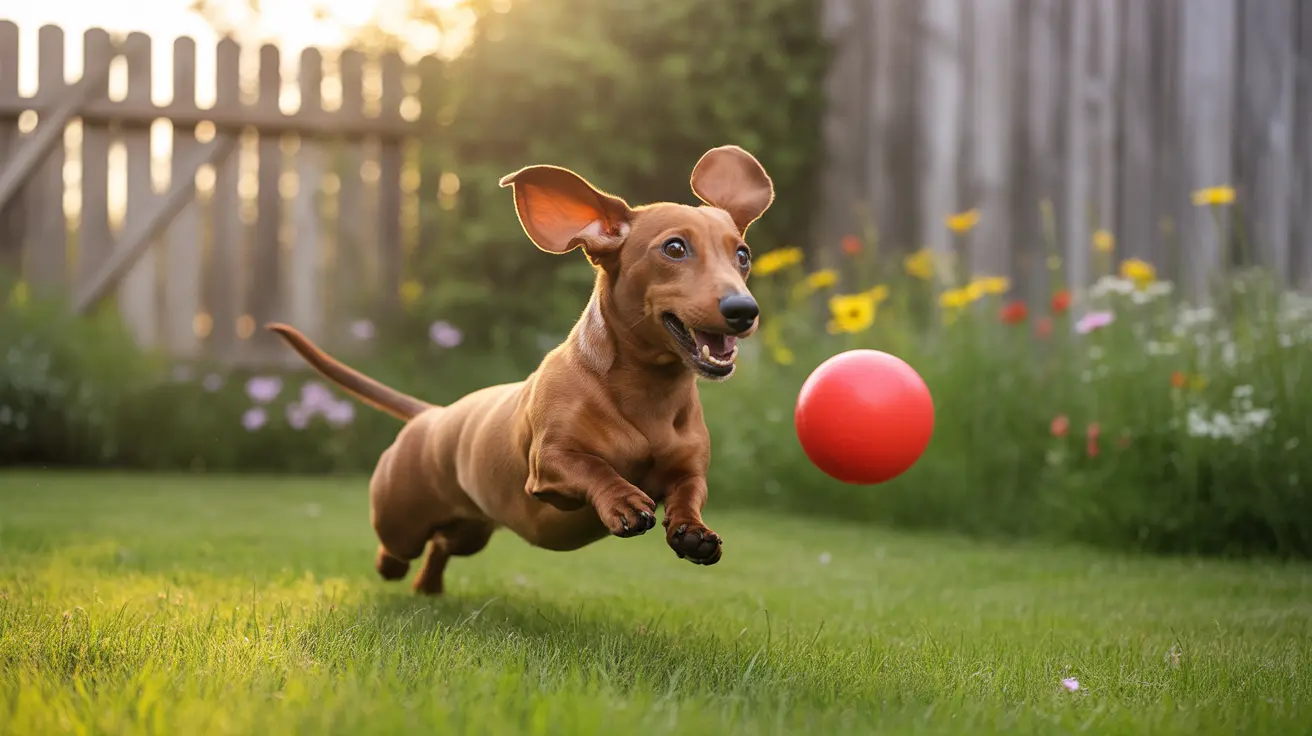When multiple dogs in your household develop diarrhea simultaneously, it can be both concerning and challenging to manage. This synchronized digestive upset often points to a common cause, making it crucial to identify the source quickly for effective treatment.
Understanding why both dogs are experiencing diarrhea can help you take appropriate action and prevent future occurrences. Let's explore the most common causes and solutions for this unsettling situation.
Common Causes of Simultaneous Diarrhea in Dogs
Dietary Indiscretion
The most frequent cause of concurrent diarrhea in dogs is dietary indiscretion. This occurs when both dogs have access to and consume something they shouldn't, such as:
- Garbage or spoiled food
- Table scraps
- Outdoor substances (decomposing matter, mushrooms)
- New treats or food introduced too quickly
Infectious Agents
Multiple dogs living together can easily spread infections between them. Common infectious causes include:
- Viral infections (parvovirus, coronavirus)
- Bacterial infections (salmonella, E. coli)
- Parasitic infections (giardia, coccidia, worms)
Environmental Factors and Shared Exposure
Dogs sharing the same environment often encounter the same triggers for digestive upset:
- Contaminated water sources
- Exposure to household cleaning products
- Shared food and water bowls
- Common stress factors (visitors, moving, construction)
Treatment and Management
Immediate Actions
When both dogs develop diarrhea, consider these initial steps:
- Temporarily withhold food for 12-24 hours (consult your vet first)
- Provide plenty of fresh, clean water
- Introduce a bland diet gradually
- Keep dogs separated if infection is suspected
Prevention Strategies
To prevent future episodes of simultaneous diarrhea:
- Secure garbage bins and food storage
- Clean food and water bowls regularly
- Maintain consistent feeding schedules
- Keep toxic substances out of reach
- Regular deworming and vaccination
Frequently Asked Questions
Why do both of my dogs get diarrhea at the same time?
When both dogs develop diarrhea simultaneously, it's usually due to a shared exposure to contaminated food, infectious agents, or environmental factors. Living in the same space means they're likely to encounter the same triggers.
How can I prevent my dogs from getting diarrhea after eating the same food?
Maintain strict food hygiene, store pet food properly, introduce new foods gradually, and prevent access to garbage or spoiled food. Always transition to new foods over 7-10 days.
What are the most common causes of simultaneous diarrhea in multiple dogs in a household?
The most common causes include dietary indiscretion, infectious diseases, shared exposure to toxins, sudden diet changes, and stress factors affecting the household.
How do I treat my dogs for diarrhea if they are both experiencing it?
Start with a brief fast (if veterinary-approved), provide plenty of water, introduce a bland diet, and monitor for worsening symptoms. Contact your vet if symptoms persist or worsen.
When should I take my dogs to the vet if they both have diarrhea?
Seek veterinary care if diarrhea persists beyond 24-48 hours, contains blood, is accompanied by vomiting or lethargy, or if your dogs are very young, elderly, or have underlying health conditions.
Conclusion
While simultaneous diarrhea in multiple dogs can be alarming, understanding the common causes and taking prompt action can help resolve the issue quickly. Always monitor your dogs closely and don't hesitate to seek veterinary care if symptoms worsen or persist.






